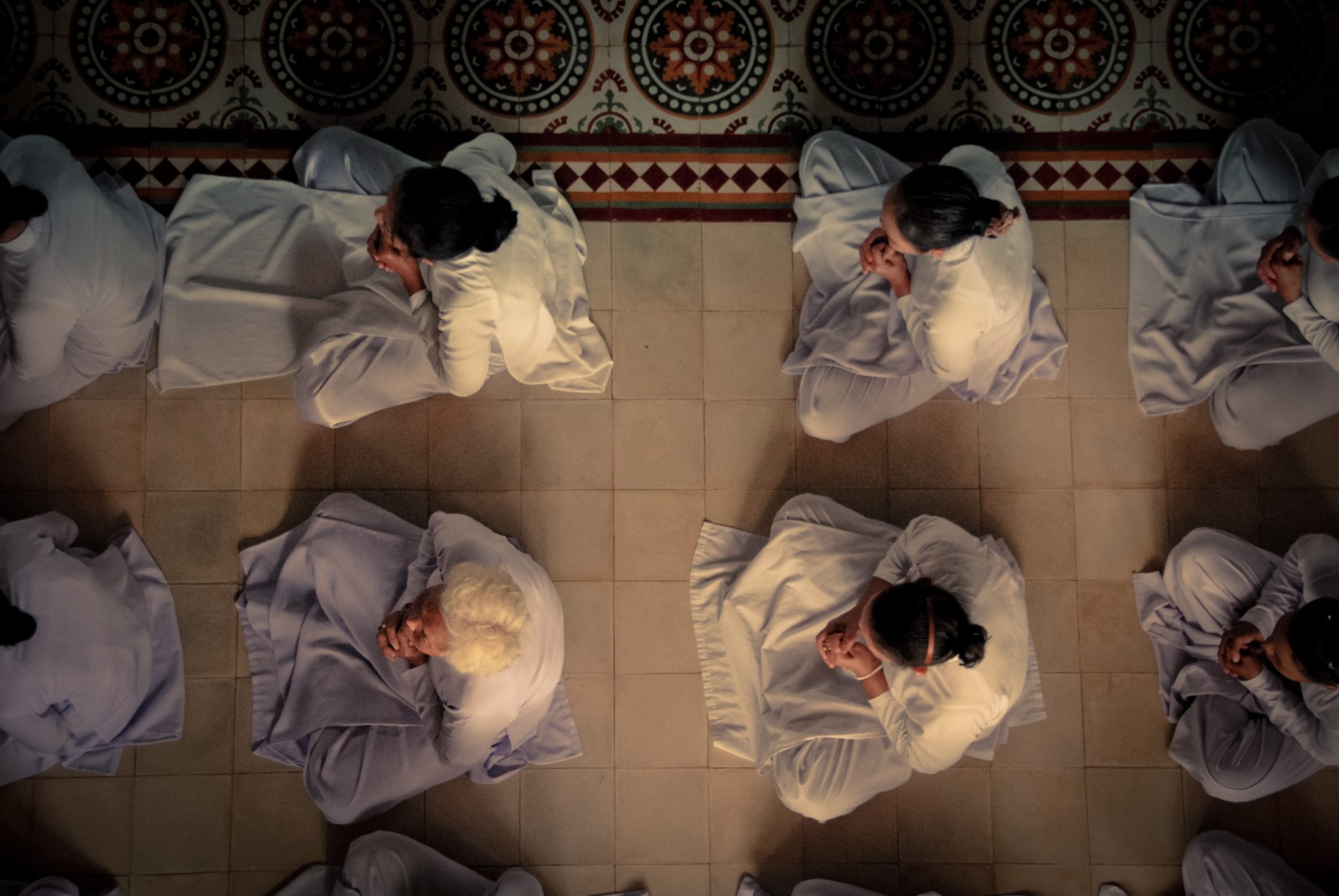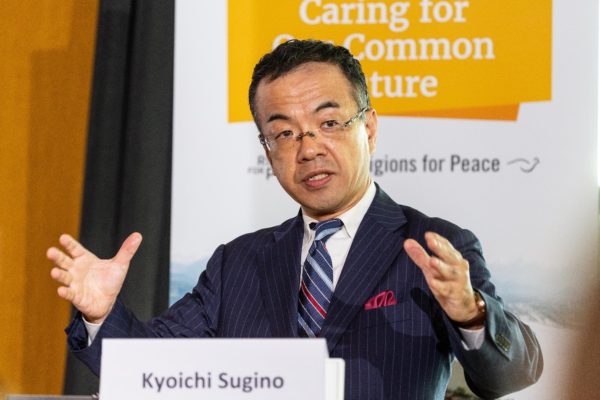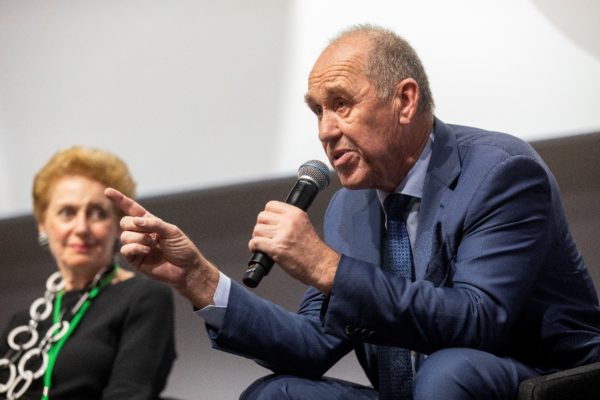Religions for Peace and Institute for Economics and Peace Launch New Positive Peace Partnership for Communities of Faith
September 25, 2019At the Religions for Peace (RfP) 10th World Assembly in Lindau, Germany, over 900 delegates affirmed their commitment to the 10th World Assembly Declaration of Religions for Peace. Included in this Declaration, is a “Call to Common Action” including a commitment to strengthening the partnership between RfP with the Institute for Economics and Peace (IEP) to “produce positive peace materials and workshops for multi-religious contexts.” RfP and IEP proudly announce their shared commitment to this common action in the following article by Vision of Humanity.
Two global thought leaders in peacebuilding will soon join forces to spread Positive Peace around the world. Internationally renowned think tank, the Institute for Economics and Peace, and the world’s largest multi-faith coalition Religions for Peace (RfP), are working on a new program of courses to spread their shared vision of Positive Peace worldwide.
The two organizations will build on years of existing mutual engagement to strengthen ties and produce Positive Peace materials and workshops for multi-religious contexts. Following last month’s World Assembly of Religions for Peace in Lindau, Germany, more than 900 participants including multi-faith leaders and peacebuilders, committed to fostering Positive Peace as a concept of Shared Well-Being. Mr Killelea [Founder and Executive Chairman, Institute for Economics and Peace; Honorary President, RfP] said, “IEP’s data-driven research provides the evidence base for the Positive Peace model for sustainable development and social cohesion.”
Mr. Killelea further commented, “We’re looking forward to working with RfP who are thought leaders in interfaith dialogue, conflict resolution and peacebuilding.”
IEP’s evidence-based Positive Peace framework and workshops build the attitudes, institutions and structures that create and sustain peaceful societies, and offers a new way to achieve common economic outcomes, sustainable development, violence reduction, social cohesion and resilience for communities.
Positive Peace expresses the multi-religious notion of Shared Well-Being, virtue and tolerance, while also providing a practical framework to help build these precepts into societies. The world’s leading non-profit and independent think tank dedicated to measuring peace, IEP uses data-driven research to show that peace is a positive, tangible and achievable measure of human wellbeing and development and is renowned for producing the annual Global Peace Index.
Religions for Peace is the most-representative multi-religious coalition in the world that advances common action among the world’s religious communities in the pursuit of peace. The organization works to transform violent conflict, advance human development, promote just and harmonious societies and protect the earth.


